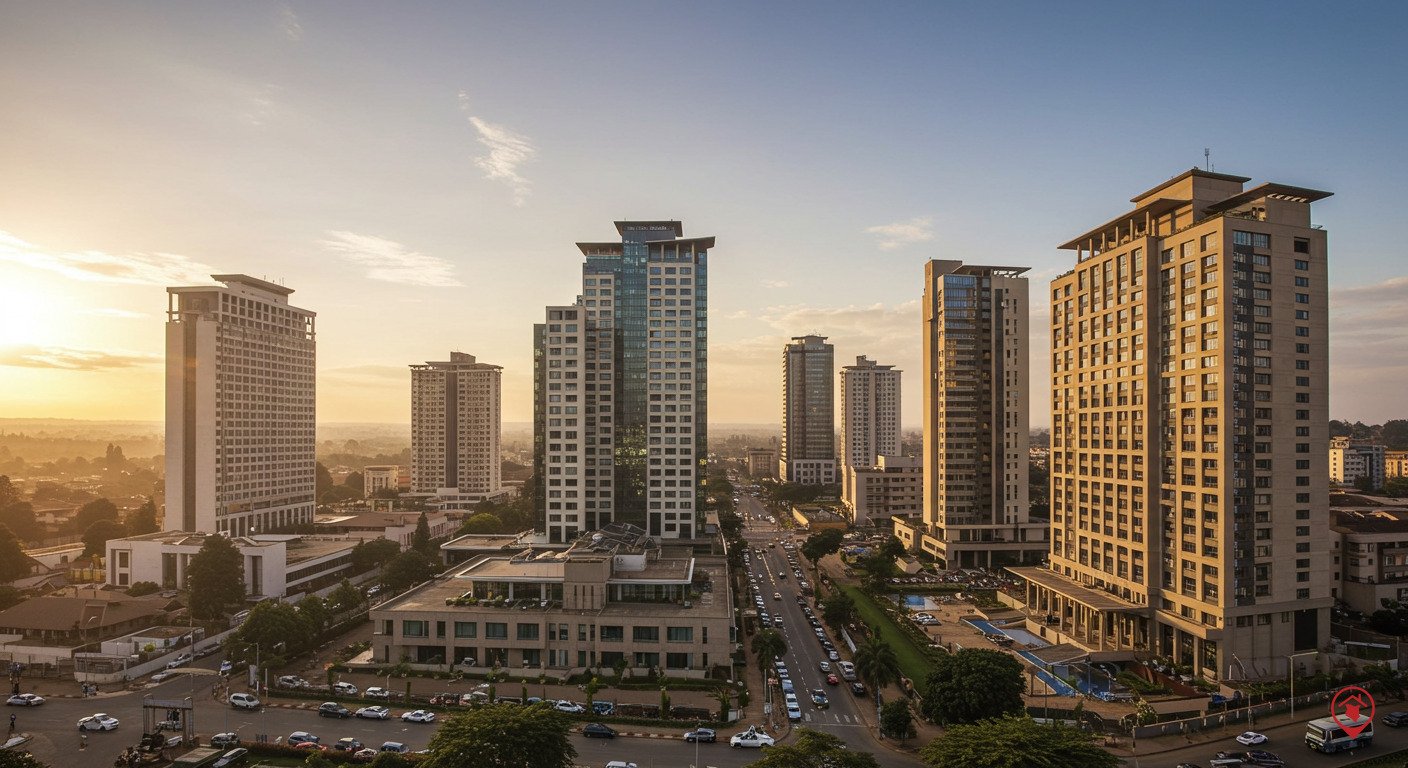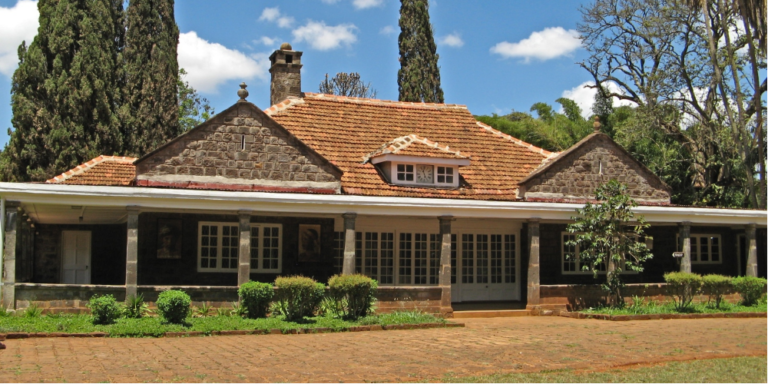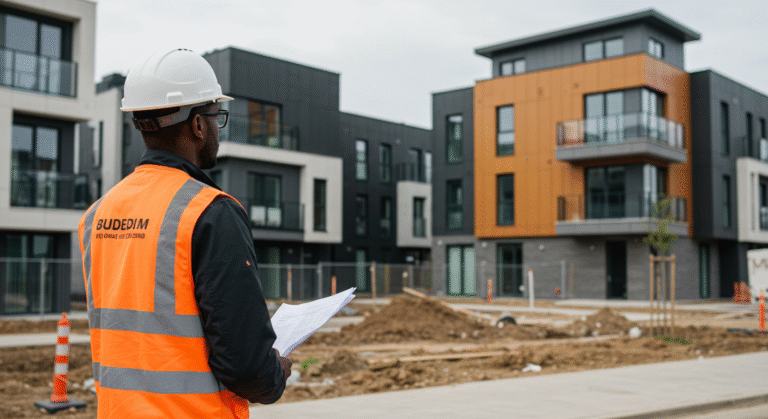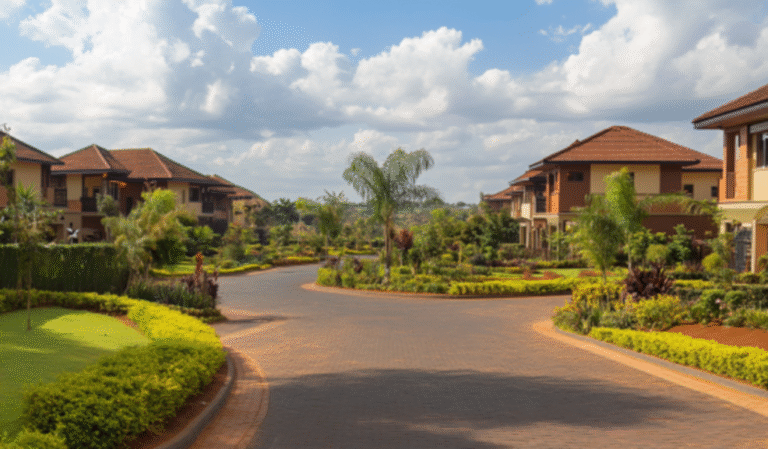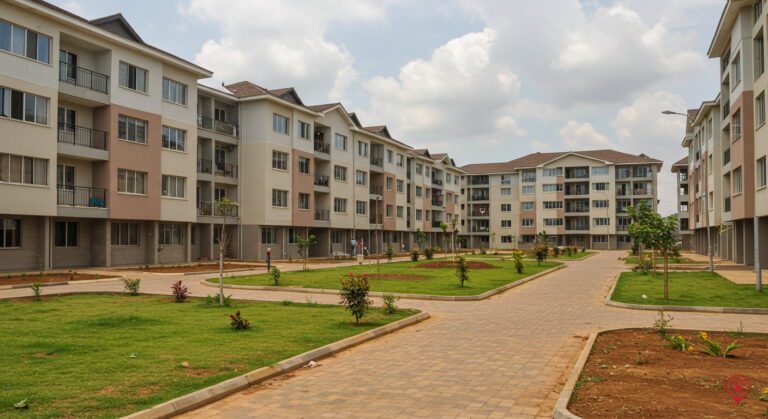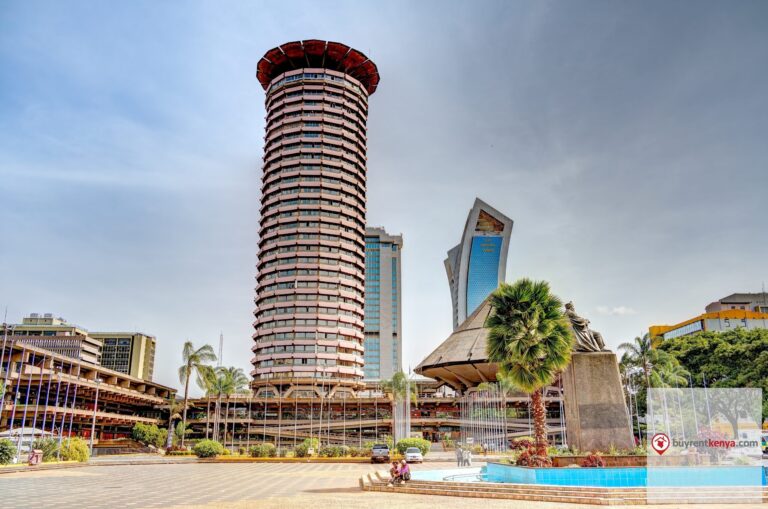Is Westlands Still Worth It? Pros and Cons of Living in Nairobi’s Busy Hub
- Westlands was arguably more posh in earlier decades than it is today.
- Population growth and business expansion slowly transformed Westlands from a quiet residential suburb into a bustling mixed-use hub.
- The thing about urbanisation and development is that green spaces are usually the first to go, and Westlands is no exception.
- Ultimately, Westlands is worth it for those who can afford the lifestyle and enjoy the energy of city living.
Westlands is often associated with class. When you hear “Westlands,” you probably think expensive. With the upper middle class making up most of its residents and the presence of several malls, the first impression is usually one of wealth and financial stability.
This reputation isn’t new. In fact, Westlands was arguably more posh in earlier decades than it is today. During the colonial era, it was Nairobi’s exclusive residential area for the wealthy—home mainly to affluent white settlers and, to a lesser extent, Asian families. The houses then were spacious bungalows and mansions, each sitting on expansive plots of land.
By the late 20th century, however, change began to unfold. Population growth and business expansion slowly transformed Westlands from a quiet residential suburb into a bustling mixed-use hub. Today, it’s a vibrant district filled with skyscrapers, high-rise apartments, luxury hotels, shopping malls, nightclubs, and so much more.
Westlands is, without doubt, a buzz of activity. But with all the change and congestion, one might ask: is it still worth living here?
The Pros of Living in Westlands
Central Location
Westlands is one of the most strategically located areas in Nairobi. It’s close to the Central Business District (CBD), yet far enough to feel like its own self-sufficient hub. Major roads such as Waiyaki Way, Ring Road, and the Expressway connect residents easily to other parts of the city.
Convenience at Your Doorstep
From Sarit Centre (one of Nairobi’s oldest malls) to Westgate, GTC, and countless restaurants, everything you need is within reach—shopping, dining, hospitals, schools, and gyms. For many, living in Westlands means rarely needing to leave the area for essentials.
Vibrant Social and Nightlife
Nairobi is mostly known as the city that never sleeps and Westlands is indeed its heartbeat at night. With its clubs, lounges, and entertainment spots, the district appeals to young professionals, expatriates, and anyone who enjoys an active social scene.
Diverse Housing Options
As discussed earlier, Westlands was once dominated by bungalows and mansions. Most residents were original owners who had no intention of selling or leaving, and even renters tended to stay for many years. The housing market was stable and predictable.
Today, however, that picture has completely changed. Westlands now offers a plethora of housing options: from high-end luxury apartments and serviced residences to more modest flats. This variety means different budgets can still find a place here, though affordability is always relative
Business and Career Opportunities
The rise of Grade A office towers, multinational headquarters, and co-working spaces has made Westlands a commercial hotspot. For professionals, especially in finance, tech, and consultancy, living nearby can mean shorter commutes and better networking opportunities.
The Cons of Living in Westlands
High Cost of Living
They say expensive is relevant but truth be told, the reputation for being “expensive” isn’t unfounded. Rent, shopping, dining, and even parking fees are higher compared to many other Nairobi neighborhoods. Westlands is not the first choice if you’re looking for affordability.
Traffic and Congestion
With its popularity comes pressure. Peak-hour traffic around Waiyaki Way, Chiromo, and Ring Road can be frustrating. Add in limited parking and crowded malls, and you start to feel the pinch of overdevelopment.
Noise and Overstimulation
The same nightlife that draws many can be a downside for residents. If you live close to the entertainment zones, noise can be an issue. For those who value quiet, leafy suburbs, Westlands may no longer fit that image.
Loss of Green Spaces
The thing about urbanisation and development is that green spaces are usually the first to go, and Westlands is no exception. Those spacious bungalows with big gardens are quickly disappearing. In their place are high-rises and commercial blocks. The area still has an impressive skyline, but it’s come at the cost of trees, compound space, and that old leafy charm.
Security Concerns
While Westlands is generally safe, its high profile as a commercial and entertainment hub has also made it a target in the past, from petty crime to major incidents. Security remains a priority, and many apartments and malls invest heavily in surveillance and guards.
So, Is Westlands Still Worth It?
The answer depends on what you’re looking for. If you thrive on convenience, a buzzing social life, and proximity to business opportunities, Westlands is hard to beat. It’s a dynamic neighbourhood that continues to evolve with Nairobi’s growth.
But if your priorities are space, quiet, greenery, and affordability, then Westlands may no longer be the haven it once was. The charm of its colonial-era bungalows has given way to concrete towers and bustling streets.
Ultimately, Westlands is worth it for those who can afford the lifestyle and enjoy the energy of city living.

